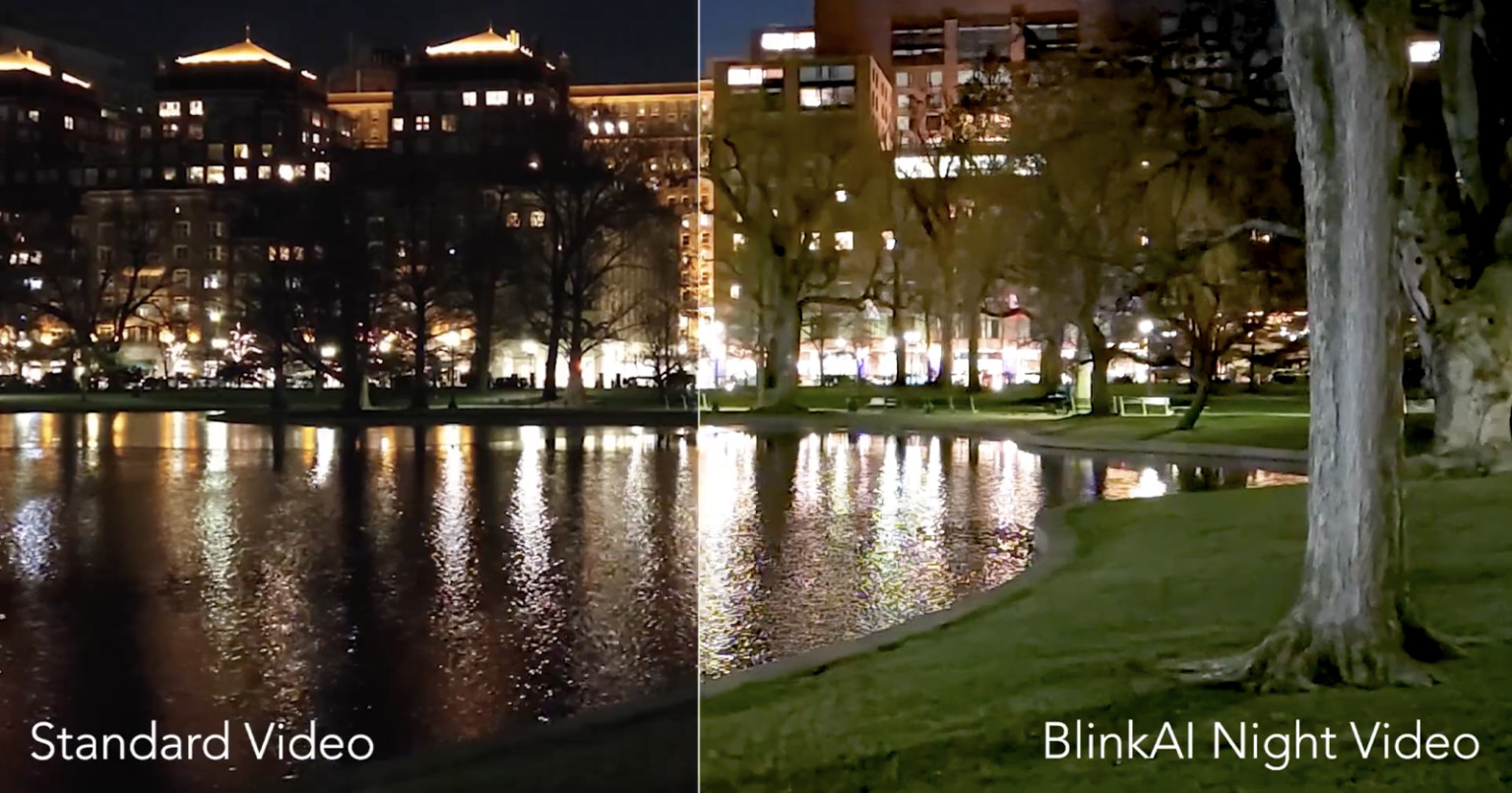Xiaomi Mi 11 showcases new Night Video feature co-developed with BlinkAI
Xiaomi's newest flagship phone features a Night Video mode for amazing low light video performance

The recently announced Xiaomi Mi 11 has some impressive features built in, but one of the most intriguing is its new Night Video mode. Built in collaboration with machine learning company BlinkAI, the Night Video mode is designed to help users achieve well-exposed videos in super low-lit conditions.
BlinkAI is a Boston-based company that uses machine learning to improve camera sensor technology. AI features in camera phones have been developing fast over the last few years and this new night mode for video is a huge leap forward.
Read more: Best camera phones
AI has been an aspect of smartphone photography for years now, being used to enhance images through lightening, brightening, smoothing, sharpening and more. This is often referred to as computational photography, which is where the smartphone makes lots of micro-adjustments to your image as you're shooting it. This is why a smartphone's raw image file and polished JPEG of the same photo can often look very different.
To achieve this effect, several images will be stacked together to average out the noise and improve detail and sharpness. For stills, this is generally quite easy because you can take multiple images quickly at various exposures and then stack them together. However, it isn't quite as simple when it comes to video. This is because each second will require a minimum of 24 individual frames. This is what makes Xiaomi and BlinkAI's achievement so impressive.
• The best Xiaomi phone guide
In the video above, you can see how this translates into real world results. When you switch on the AI mode on the phone, the camera is seemingly able to produce a much brighter file. A great deal of detail is recovered from the shadows and the noise in the footage is controlled well too.
Get the Digital Camera World Newsletter
The best camera deals, reviews, product advice, and unmissable photography news, direct to your inbox!
As this feature continues to develop it could play a crucial part in closing the gap between camera phones and more dedicated professional systems.
Read more:
Best budget camera phones
Best photo editing software right now
Luminar AI review
Usman is a commercial and architectural photographer based in West Yorkshire, who has been working professionally for over seven years. He has also spent over four years as a writer for the biggest photography sites in the world, including Staff Writer for Digital Camera World, senior staff writer for FStoppers, and tech writer for Petapixel.
With a particular interest in technology developments, high-resolution imaging and the high-end cameras, Usman has been on the cutting edge of camera news as well as writing features about medium format systems and global shutters, and has reviewed some of the latest Leica cameras as well as a tripod that’s even taller than Andre the Giant!


